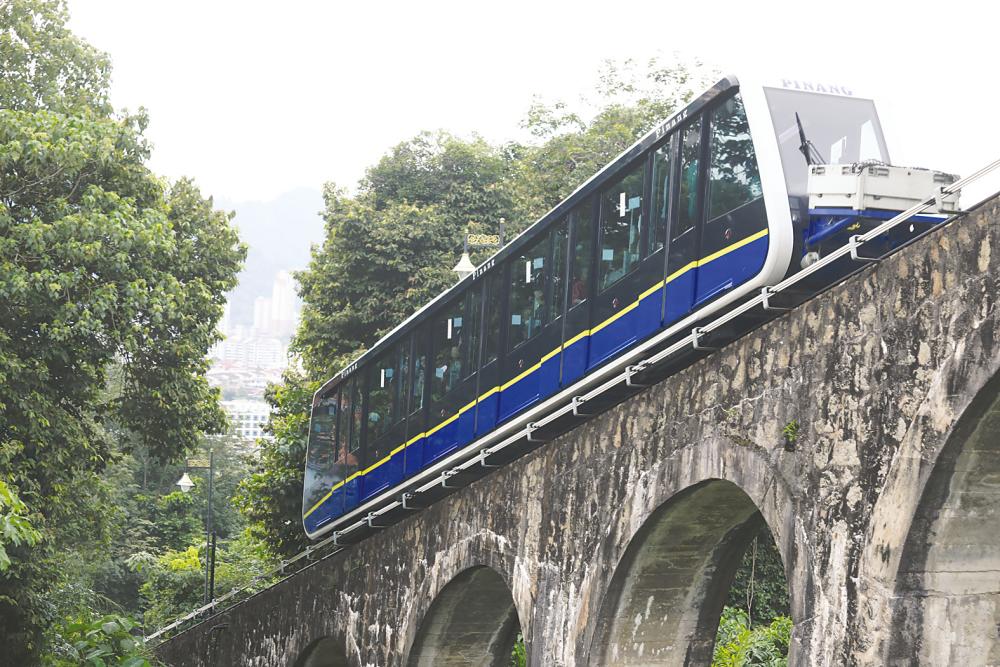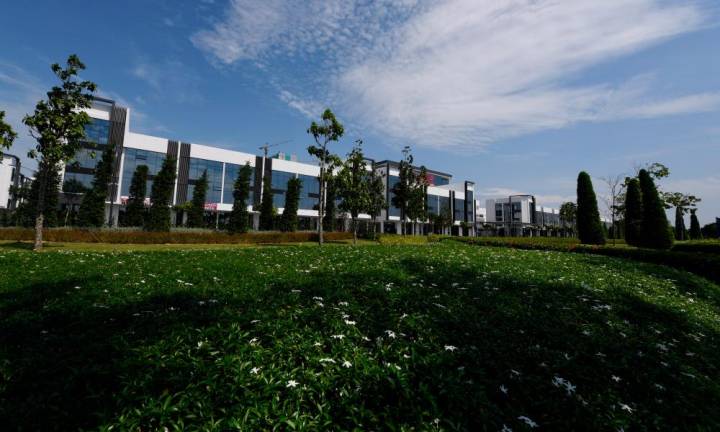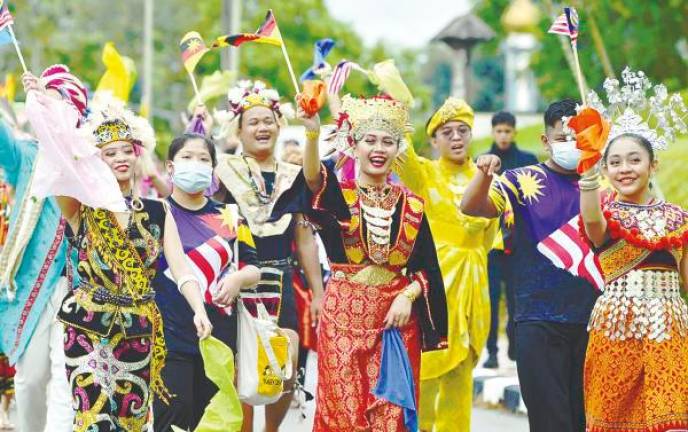THE breakdown of the funicular rail causing massive inconvenience and anger among those stranded warrants an alternative mode of transport. The huge volume of people including tourists during the seasonal holidays has put additional stress on the funicular rail.
The federal government has offered to help fund a cable car project as another viable mode of transport to Penang Hill. As expected, certain groups have voiced their objections for fear of “severe environmental damage” to the hill.
Let us see if their fear is warranted.
First, the people should not be deprived of visiting the hill. Proper enforcement would ensure that uncontrolled development does not take place on top of Penang Hill.
The location of the project is a significant determining factor to ensure its viability and not contribute to excessive congestion. The proposal to locate the cable car near Botanical Gardens does not fulfil the objective of easing traffic flow. The access along Waterfall Road may not have the capacity to accommodate the higher vehicular pass through. Instead, the location should be maintained at Teluk Bahang.
It makes economic sense to locate the cable car in Teluk Bahang. The target segment would be more for tourists especially those staying in Batu Feringghi. The cable car could be a public-private partnership mainly funded by the private sector.
It could be priced to commensurate with the demand from the tourists. With the cable car, tourists in Batu Ferringhi can take a ride up to Penang Hill. The tourists would be prepared to pay as they do not have to contend with long queues and travelling time is shorter.
Locals can continue to use the funicular rail in Air Itam. The key solution is the offer of a choice for consumers.
The alternative mode at Teluk Bahang will disperse the crowd of visitors to the other side of the island. This would reduce traffic on Air Itam Road. By the time the cable car project kicks off, the North Paired road to Batu Ferringhi should be ready. This new road will provide a faster and smoother travel to Teluk Bahang.
By moving the cable car project away from Botanical Gardens, there is less compulsion to choke the road arteries to the main urban green lung in Georgetown. More job opportunities would be created with some spill over benefits for local youths and businesses in the vicinity.
The determining factor to ensure that Penang Hill retains its green features with the addition of eco-tourism facilities lies with good governance.
The funicular rail cannot cope with the rising number of visitors especially during seasonal peaks. The cable car offers a plausible option for those who are prepared to pay based on a different demand curve. This appears to be a more inclusionist and utilitarian outcome where different segments of visitors are able to enjoy the benefits of Penang Hill.
Seng H. Yeoh
Penang














